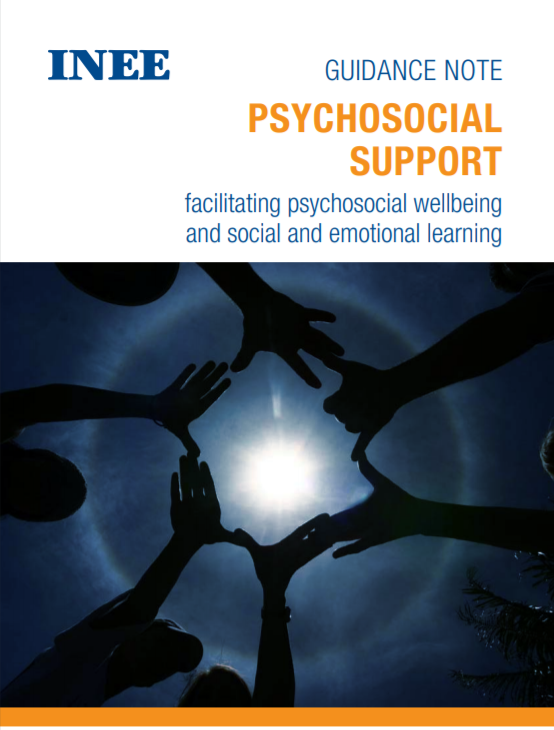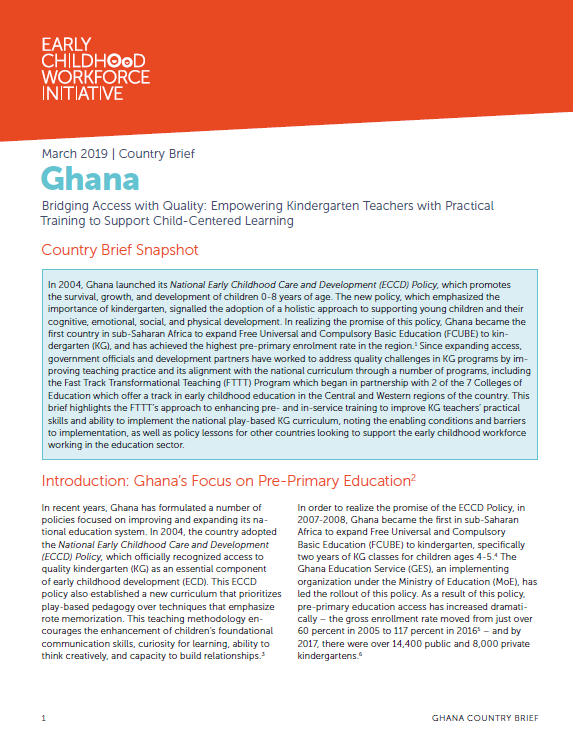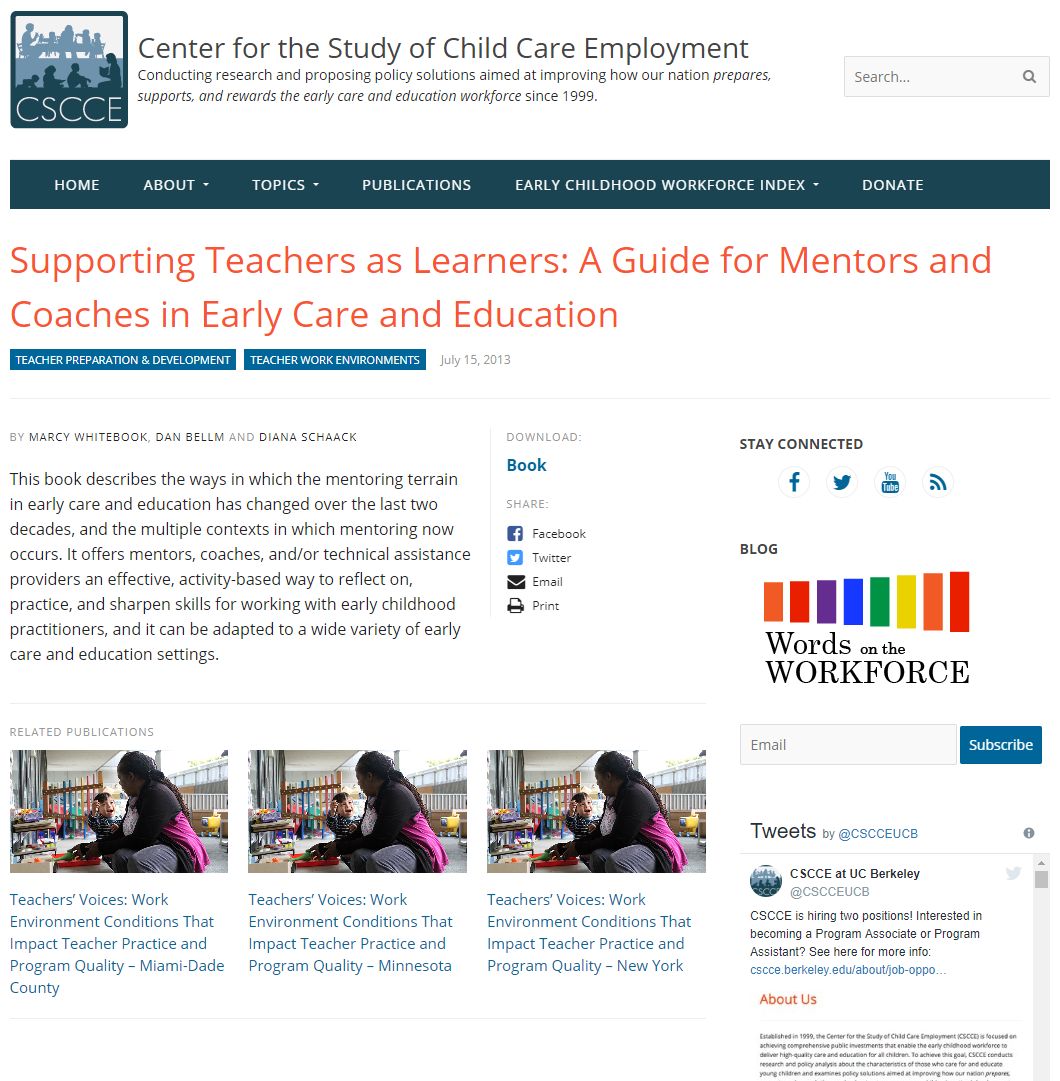Psychosocial Support: Facilitating psychosocial wellbeing and social and emotional learning

This INEE Guidance Note addresses a gap in the tools that are currently available to educators and professionals operating in emergency and crisis contexts. This INEE Guidance Note encourages more intentional and consistent implementation of practical, goodquality psychosocial interventions on the education frontlines by teachers, education administrators, parents, counselors, peers, ministries, and other education personnel in three concrete ways:
- The Guidance Note clarifies the education sector’s importance in supporting the psychosocial wellbeing of children and youth.
- The Guidance Note provides educators with practical tips and advice about how to integrate PSS into formal and non-formal education efforts.
- The Guidance Note highlights linkages between PSS in education and other sectors. This Guidance Note was developed for all professionals who carry out or support formal and non-formal educational activities for children and youth during humanitarian crises. It is also useful to government entities, policy-makers, community groups, humanitarian workers, parents, peers, and families for planning, programming, policy, and advocacy purposes, and to mechanisms such as the Education Cluster and other education coordination or working groups.
The INEE Guidance Note on Psychosocial Support can be found in Arabic, English French, Portuguese, Spanish and Turkish via the link below.
inee.org










